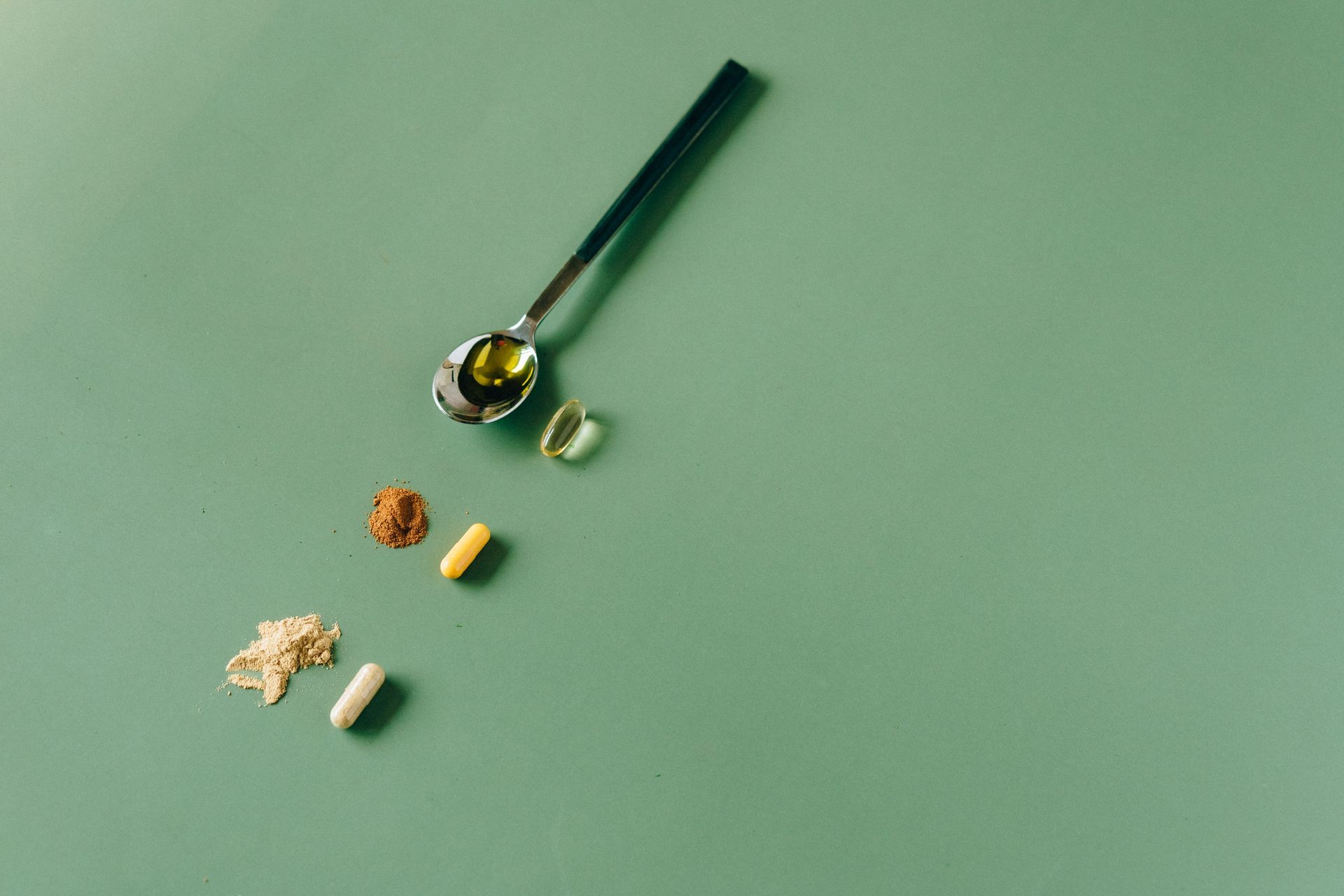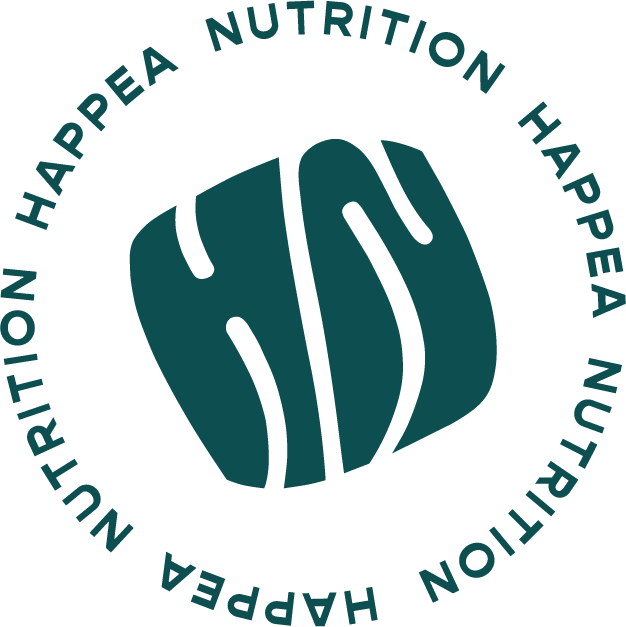10 signs you are not eating enough
Your body is good at telling you when it needs more food. The hard part is understanding what it is trying to tell you. You may need more food if you are experiencing any of the following symptoms.
You are exhausted no matter how much you sleep
One of the most basic signs of low energy (i.e. not eating enough for your needs) is fatigue. The reason behind it is as simple as it appears: your body does not have enough resources to fuel your everyday activities. This is especially true for workouts because energy is needed to fuel performance (duh). If you can barely finish a workout without feeling exhausted, it may be time to eat more. Low energy could be something you "get used to". Many people don't realize how much energy and joy they have in themselves until they start fueling themselves properly.
You can't concentrate
Brain fog is another common symptom of low energy. Like any organ in the body, your brain needs fuel. If you start feeling forgetful and frequently catch yourself drifting off, it could be a sign of undereating. That's because the calories needed for brain function account for about 20% of our resting metabolic rate or the calories you need to just keep your body alive, without any movement or mental work. You likely carry out some brain work during the day. Even things like driving a car or watching TV require your brain to work. When calories are scarce, your decision-making abilities may be poor and the ability to concentrate on tasks is diminished.
Your hair is thinning and nails are brittle
Who doesn't want shining hair and strong nails? Hair and nail supplements are booming but it turns out that without enough energy, they won't be very useful. Growing hair is generally not the body's biggest priority and when energy isn't available for truly essential functions, it will reduce any tasks that aren't as important. Why would your body want to send protein to your hair when there isn't enough to build muscle or antibodies? Your body is super smart and will prioritize the health of your heart, brain and other important organs over hair or nail growth. So, save yourself the money on supplements and just have a snack.
You are super irritable all the time
We have all been hangry before, so this should not surprise you. Drops in blood sugar levels could make you irritable or anxious. Low glucose levels could even cause aggression and violent behavior in extreme cases. Undereating also messes with your hormones, including cortisol (the stress hormone), which makes you feel even more on-the-edge. Not to mention that high cortisol levels can disrupt your hormonal balance and throw off your thyroid function which leads to a slower metabolism. So many reasons to eat more.
You are always cold
We all have that one friend who's always freezing. Or maybe you are that person? Calorie restriction is associated with lower core body temperature. Your body needs calories to keep you warm. If you aren't getting enough energy, your body cannot thermoregulate efficiently. You also need fat to keep you warm because it serves as a barrier to heat loss. Many people who don't eat enough have very low body fat and therefore won't be able to stay warm.
Your period has been irregular
Irregular periods happen for many reasons but one of them is low energy intake. Amenorrhea is defined as missing your cycle for three or more consecutive months. That's when you know you really need to eat more because once your body shuts down reproductive function, things are getting serious. Your body is really smart and it will protect you from conceiving during periods of starvation. If your body is so depleted of energy that it decides it cannot reproduce, it's a huge red flag.
This is not just relevant for women who want to have a baby. You might think it's convenient not to menstruate because let's face it, it's not the most fun experience. However, when your period stops, it means that your hormones are out of balance. For example, the hormones progesterone and estrogen are too low. Having low levels of these hormones is associated with serious health issues such as low bone density, cardiovascular disease, and obesity.
Keep in mind that many birth control methods also contribute to missing menstrual cycles, which would be normal. Talk to an OBGYN if in doubt!
Your skin starts to break out
If you are getting more frequent breakouts, it may be due to insufficient calories. Just like in the case of nails and hair, beautiful skin is not necessarily top priority for survival. We need plenty of
vitamins and minerals to keep the skin glowing. But when they are in short supply in other places in the body, skin health needs to take a backseat while your body is struggling to keep your internal organs healthy. When you undereat, you are putting yourself at risk for nutrient deficiencies. That's when you might start noticing cracking lips, zits, and scaly skin.
You get sick all the time
The immune system needs energy too. When you don't eat enough, you may be more susceptible to infections. Your symptoms may also be more severe and last longer. That's because when you restrict energy intake, especially while being active, you are likely burning lean muscle mass for energy. During periods of low energy availability, the body takes protein from muscles and makes glucose out of it, so that your brain and other organs have enough fuel to keep you alive. The immune system needs protein and if all the protein in your body goes towards making energy, it can impair immune function. Ditch the immune boosting supplements and just eat enough.
You are feeling bloated often
You may be thinking bloating is always a result of eating too much but it turns out that undereating will cause lots of indigestion too. Our guts really are tricky to navigate! There are several reasons why you may feel bloated while on a very restrictive diet.
First, you may simply be eating too much fiber, which will result in excessive gas production. Fiber is amazing but too much of a good thing is not recommended, especially if you aren't used to large amounts of fiber. Our gut responds quickly to any imbalance. Too much or too little fiber will throw it off. So as always, the best thing you can do is eat a balanced diet that you know works for you and don't make abrupt changes to your intake. If you are working on increasing fiber intake, amazing! Just go slow and steady.
Second, you may not be eating enough of the foods that support a healthy gut, which leads to an imbalance in your gut flora, resulting in bloating and constipation. Lastly, when you don't eat enough food (volume-wise), there just isn't enough waste in your digestive tract. This will make you go to the bathroom less frequently and could result in difficulty passing stools. It's not a coincidence that people with restrictive eating disorders often complain of symptoms like bloating, constipation, diarrhea, reflux, cramping, and abdominal pain.
Food is always on your mind
Your brain becomes obsessed with food when it's not getting enough of it. You always want what you can't have. There are many reasons for this, including hormonal changes and the response to deprivation. If you don't breathe for a whole minute, you will likely gasp for air, so it's really not surprising to constantly think about food - or binge on it - when you aren't getting as much as you need. Your body always takes what it needs. We all know someone who is constantly dieting and always talking about food... if you are that person, stop being annoying and eat something!
So how much should I eat?
A common question that is actually incredibly hard to answer because it depends on so many factors. Two people who are the same weight, height, and age, may need different amounts of energy. That's because how much energy you need depends on your activity, body composition, even on the climate you live in.
There are some formulas that allow us to estimate how much a person could need. These formulas help us calculate the basal metabolic rate. Keep in mind though that this rate is only the calories you need to stay alive, without any activity or brain function. You need to add an activity factor to get a realistic number. Missing out the activity factor is why so many online calculators give you extremely low numbers that are just not realistic.
To give you an idea of a somewhat appropriate intake, the USDA dietary guidelines recommend anywhere between 1,600-2,400 calories per day for the average adult woman and 2,000-2,300 for the average adult man. However, some research suggests that there may not be as significant of a difference in energy needs between men and women as we thought, leaving many active women with too little energy for their needs. It's always best to work with a professional to figure out your needs. Make sure to reach out to me if you need any support.
Share this



